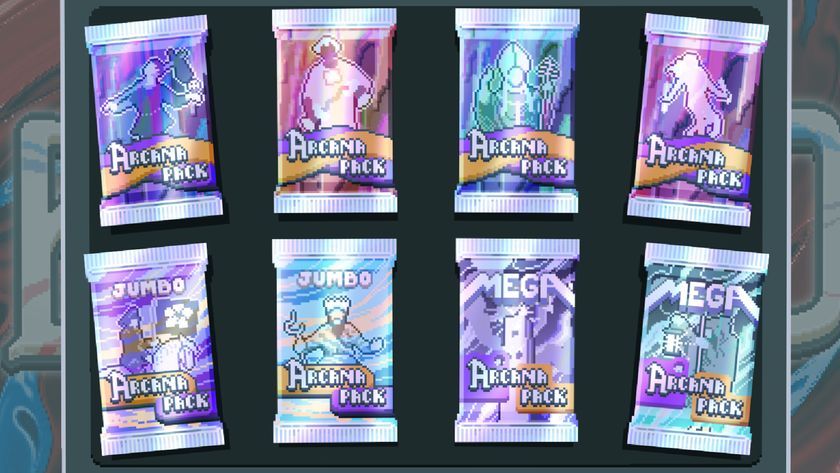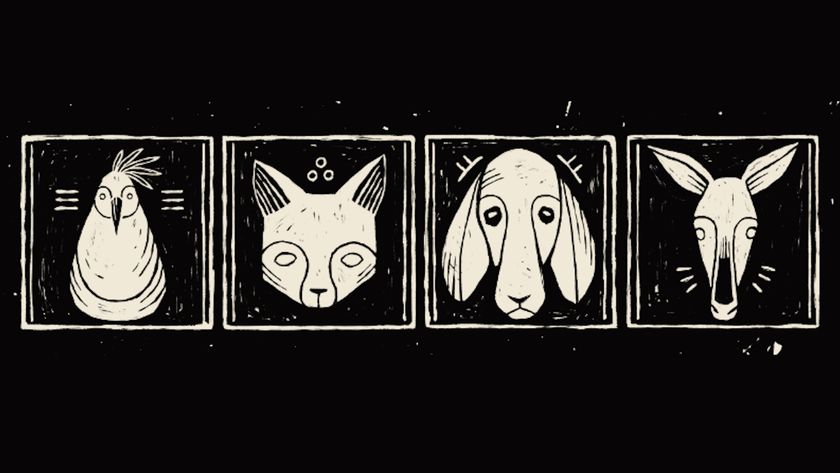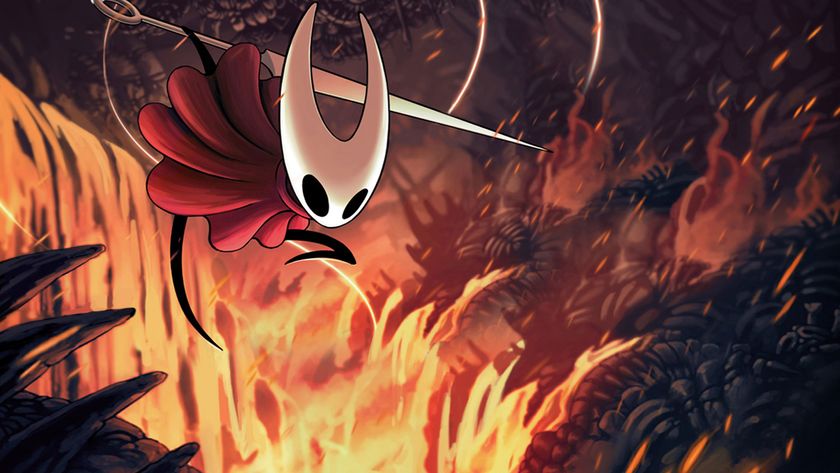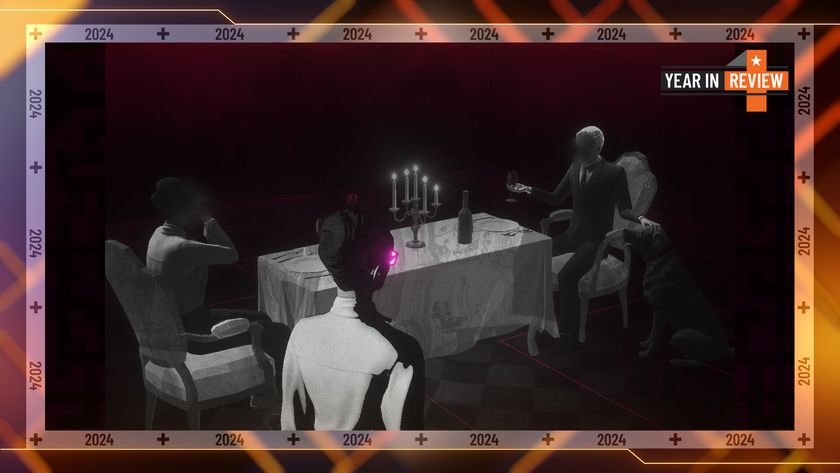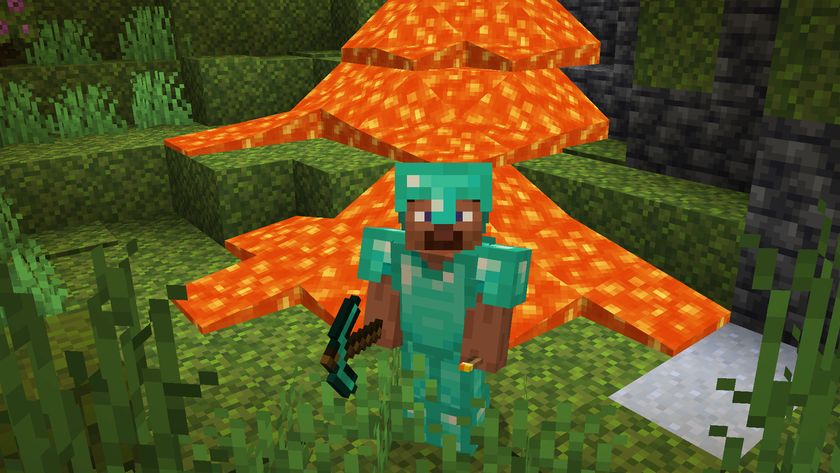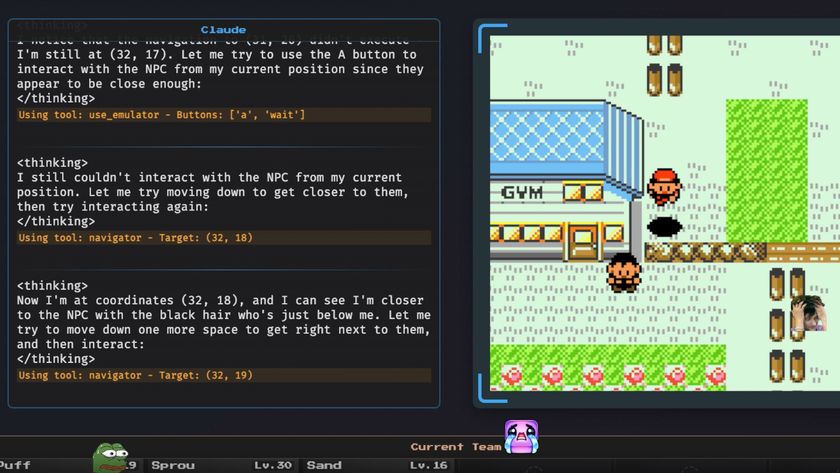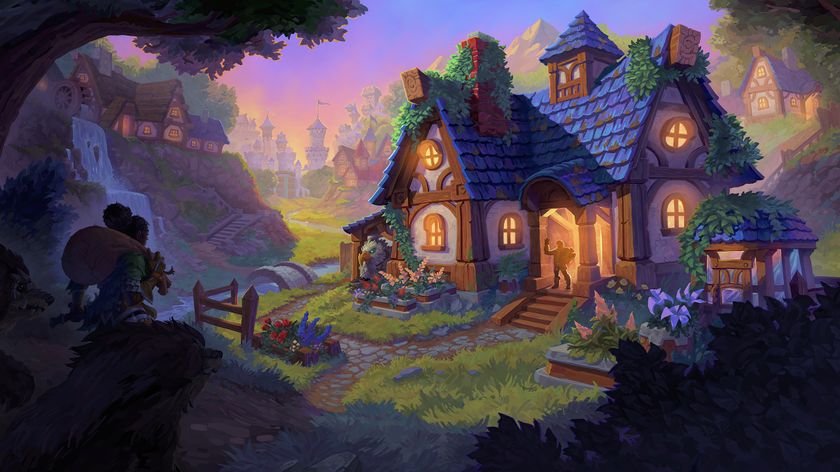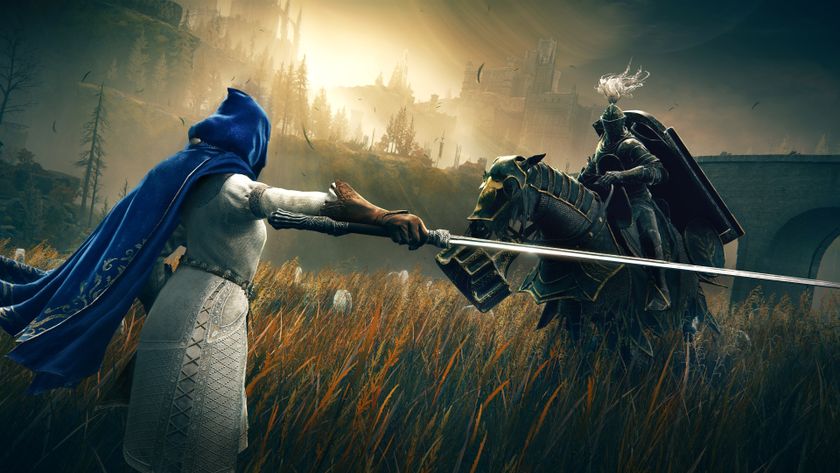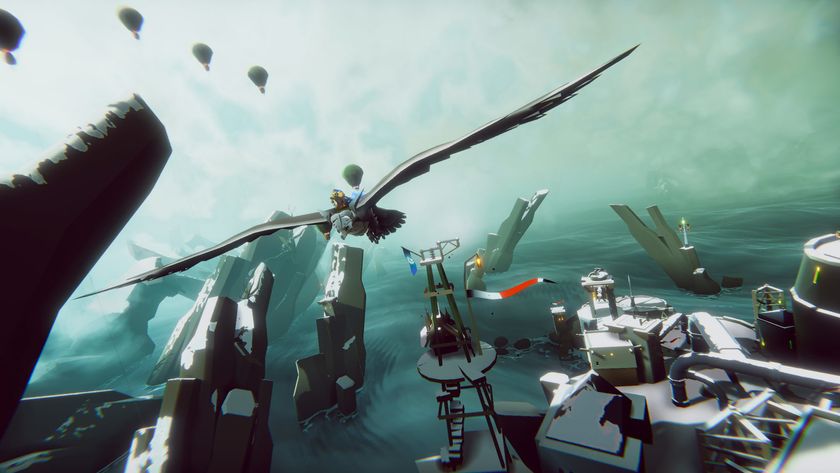Players of last year's best Zelda-like are still trying to crack its secrets, but its creator didn't expect them to dig this deep
"Yeah, it was a little faster than we thought"
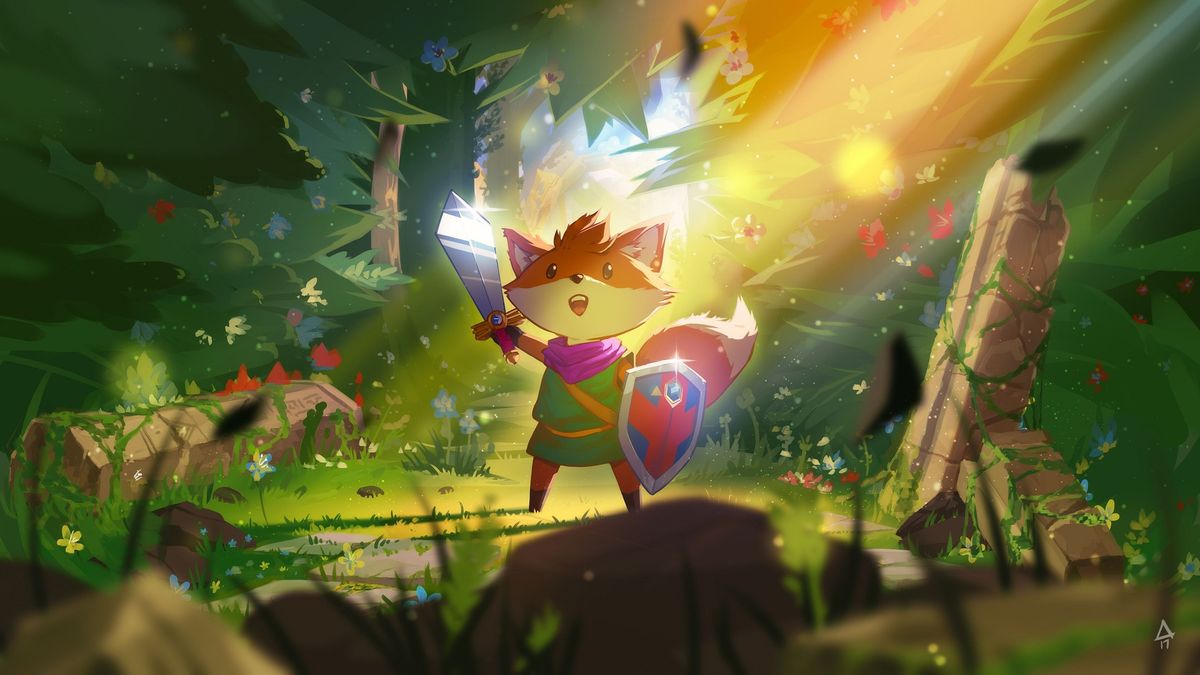
Legend of Zelda-inspired adventure game Tunic came to PC and Xbox back in March last year (Switch and PlayStation the following September), but it seems plenty of fans are still plundering its depths to see what secrets they can uncover - and its creator never expected them to dig quite this deep.
In an interview with Play Magazine (issue 33), Tunic creator Andrew Shouldice has spoken about the adventure game’s own unique language as well as a second, secret language which has been dubbed Tuneic by players - so named because it’s based around a musical cipher heard in the game. The language is never overtly acknowledged in Tunic but those who follow its clues can uncover some nifty secrets, and it seems fans uncovered these quicker than the devs expected. “We thought that people would eventually find [Tuneic], but it was...yeah, it was a little faster than we thought,” Shouldice says.
But then they went further and deeper, uncovering two secret languages and discovering hidden developers' rooms, as well as exploring the classic realm of speedrunning - managing, according to Play Magazine, to break the game through speedruns in ways that creators hadn’t realized were even possible.
- Balatro creator started "properly playing the game myself about a week before launch" and had "a pretty emotional moment" where he realized it's "actually fun"
- Balatro creator initially considered a Steam release in part to help "get a game developer job somewhere," and after 5 million sales I'd say he found one
And it seems players are still excited to find more. “If you've got a big bag of secrets, and you start taking them out, eventually you get to the point where you're looking at crumbs at the bottom, [asking yourself] ‘Is this a secret? Does this mean something?’” Shouldice says. The creator is happy that fans have got so much out of their secret-seeking, though it seems there's as much an element of the creators forging something for themselves as there is about adding secrets to be unearthed, as he also feels that Tunic is “more about the personal experience of making something from the developer's perspective”.
On the points of whether Tunic is, then, perhaps an allegory for game development - or contains secrets undiscoverable by those not 'in the know' - Shouldice says: “Let's say you're making a cake and you give it to someone and they really enjoy it. And when you were making that cake you were thinking of them, right?” He explains that, for him, “that's not an asset in the game. It's a secret, but it's for me.”
It’s a sentiment echoed by audio designer Kevin Regamey in a wonderful thread (mind for spoilers!) posted on Twitter last year about the secret, musical language, which is known as ‘Trunic’ by the creators. “Our dev team had a little phrase that we employed throughout development: ‘content for no-one’,” Regamey explains. “We used that phrase to refer to little (or large) things that we hid deeply in the game, for no other reason other than because we liked creating it, and we liked knowing that it’s there. Will anyone ever find it? Maybe. But maybe not, and that’s okay.”
Sadly, perhaps, for the game’s fans it seems there might not be a lot left to find after all their hard work uncovering secrets so far. “People have taken all things out of the bag, and now they're asking questions about 'who made the bag? What were they thinking when they made it?’” Shouldice says. And while he believes the debate over questions such as these might be interesting for the game’s community to sink their teeth into, he says that "[that's] a different beast altogether to translating a secret language."
Sign up to the 12DOVE Newsletter
Weekly digests, tales from the communities you love, and more
If you’re a fan of Tunic Team’s treat, check out the making of Tunic, and how the adventure began life in the pages of a notebook.
Carrie is a former News Editor at PCGamesN, now a freelancer and writer based in the sunny UK. With a master’s in English Lit from Oxford, she has a special interest in dissecting narrative and characterisation, and exploring games’ unique powers for storytelling. She’s an RPG nut who’s never happier than when saving fantasy worlds, scorching foes with spells, and trekking virtual miles on her companions’ every whim. She’ll tell you just how many hundreds of hours she’s plugged into Baldur’s Gate 3, Divinity: Original Sin 2, The Witcher 3, and Skyrim if you ask really nicely. Also a Fable obsessive, so only mention it if you *really* want to lose a few hours of your own.
